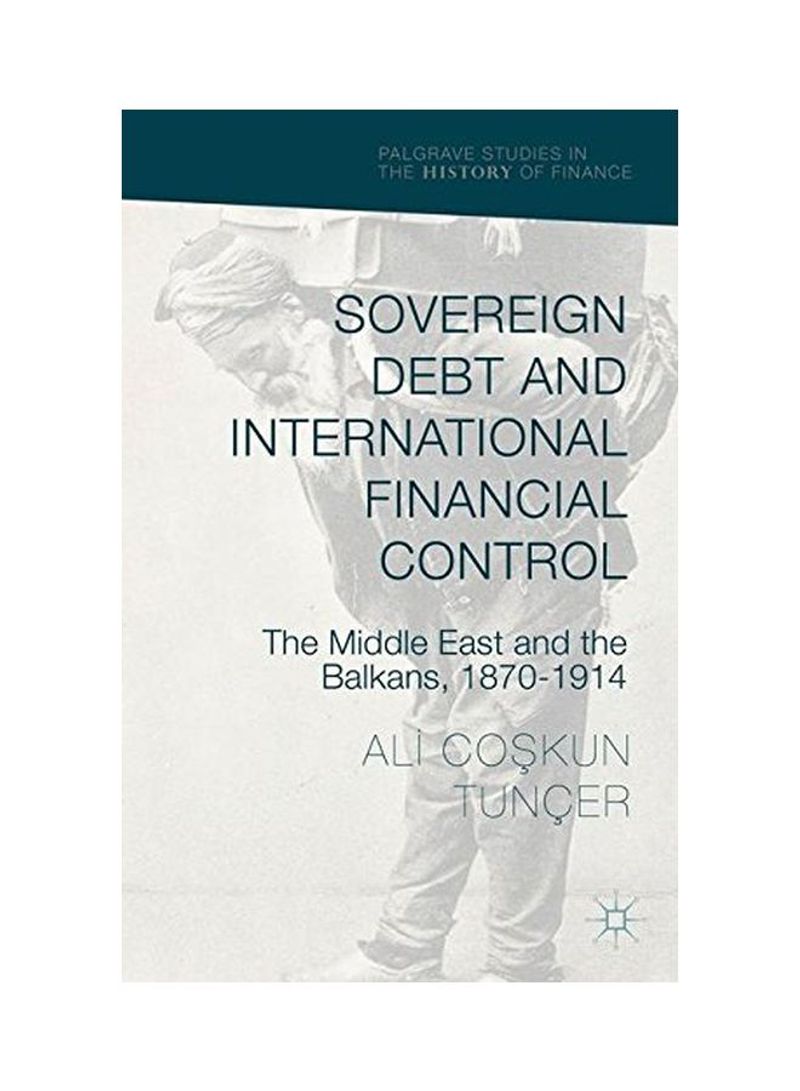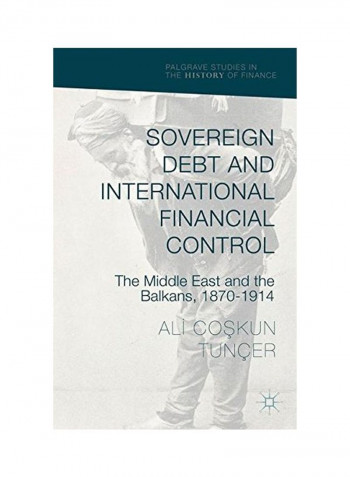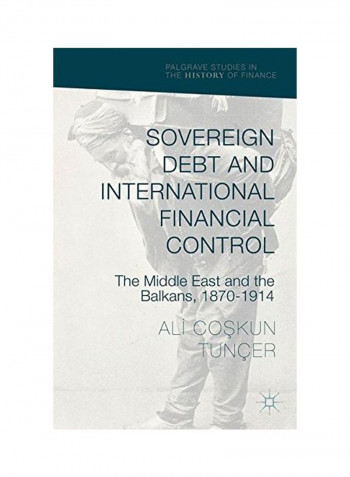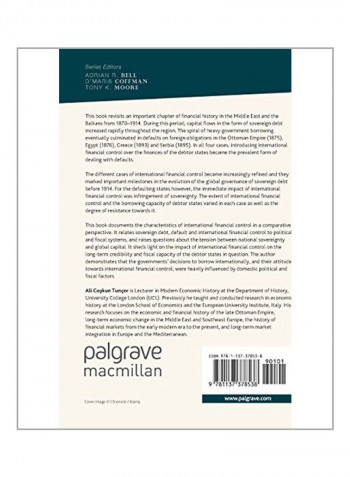Sovereign Debt And International Financial Control Hardcover 1
Recommend
Sort by
Rating
Date
Specifications
Country of Origin
India
Author 1
Ali Coskun Tuncer
Book Description
This book revisits an important chapter of financial history in the Middle East and the Balkans from 1870 1914. During this period, capital flows in the form of sovereign debt increased rapidly throughout the region. The spiral of heavy government borrowing eventually culminated in defaults on foreign obligations in the Ottoman Empire (1875), Egypt (1876), Greece (1893) and Serbia (1895). In all four cases, introducing international financial control over the finances of the debtor states became the prevalent form of dealing with defaults. The different cases of international financial control became increasingly refined and they marked important milestones in the evolution of the global governance of sovereign debt before 1914. For the defaulting states however, the immediate impact of international financial control was infringement of sovereignty. The extent of international financial control and the borrowing capacity of debtor states varied in each case as well as the degree of resistance towards it. This book documents the characteristics of international financial control in a comparative perspective. It relates sovereign debt, default and international financial control to political and fiscal systems, and raises questions about the tension between national sovereignty and global capital. It sheds light on the impact of international financial control on the long-term credibility and fiscal capacity of the debtor states in question. The author demonstrates that the governments' decisions to borrow internationally, and their attitudes towards international financial control, were heavily influenced by domestic political and fiscal factors.
ISBN-10
1137378530
ISBN-13
9781137378538
Language
English
Publisher
Palgrave MacMillan
Publication Date
26 Aug 2015
Number of Pages
243
About the Author
Ali Co?kun Tuncer is Lecturer in Modern Economic History at the Department of History, University College London (UCL). Previously he taught and conducted research in economic history at the London School of Economics and the European University Institute, Italy. His research focuses on the economic and financial history of the late Ottoman Empire, long-term economic change in the Middle East and Southeast Europe, the history of financial markets from the early modern era to the present, and long-term market integration in Europe and the Mediterranean.
Edition Number
1
Editorial Review
This book will certainly become a go-to reference for historians interested in the region and economists seeking better understanding of the mechanisms of default. ... this is an admirable work of nuanced historical interpretation that questions received generalizations and raises many questions for future research. Economists and economic historians interested in sovereign default, state capacity and even the debt crisis in the Eurozone will do well to read it. (Rui Esteves, EH.Net, March, 2016) "Ali Coskun Tuncer's work fills a historiographical gap concerning the establishment and the role of international financial control committees in Egypt ... . Ali Coskun Tuncer's work is essential reading, both for experts in the field and for all those interested in deep ening their understanding of the role of international financial committees in the Mediterranean in the nineteenth century." (Giampaolo Conte, The Journal of European Economic History, Issue 3, January, 2015)





